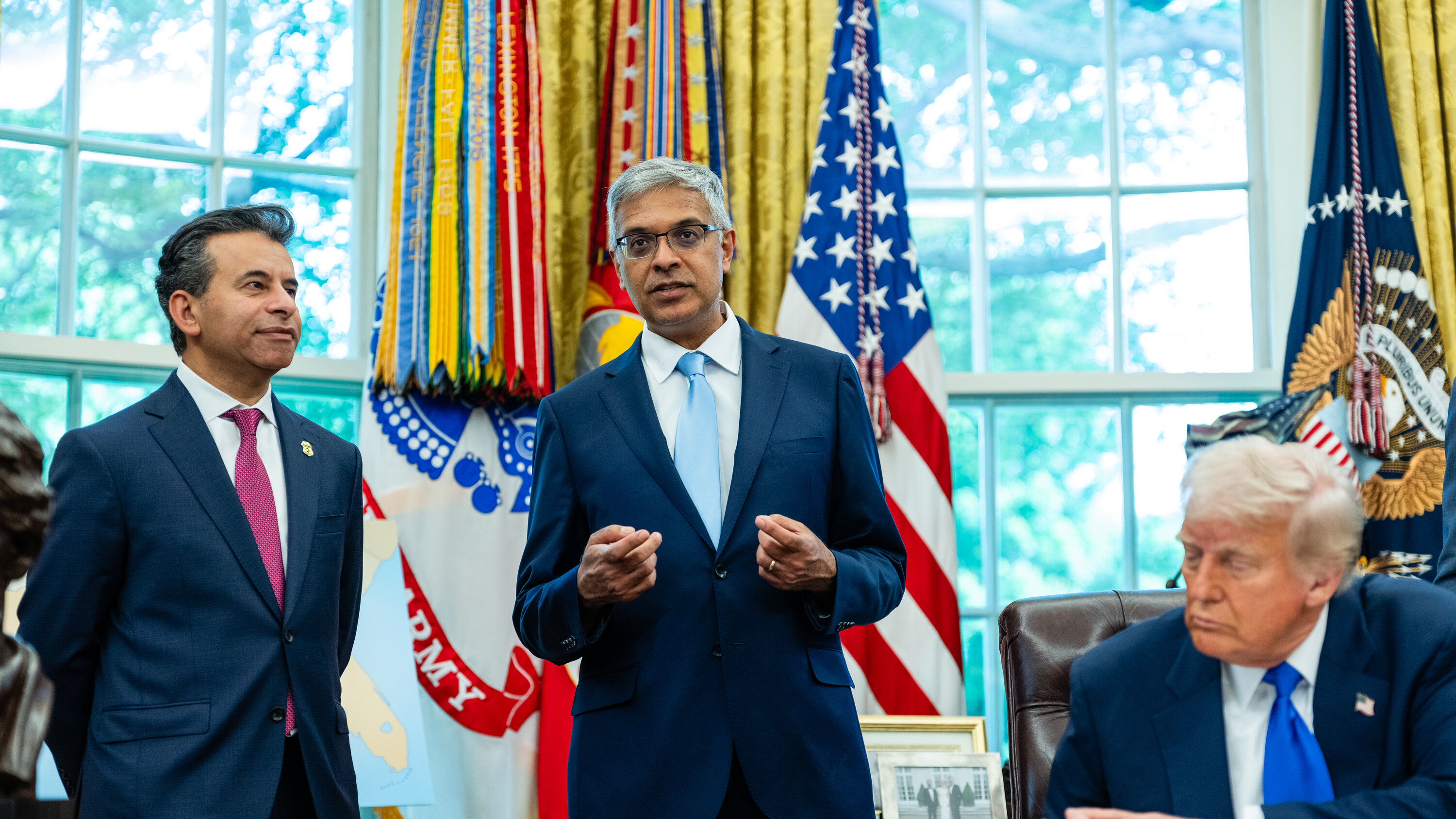Research Funding Freeze: U.S. Scientists Cut Off from Global Collaborations

In a significant shift for scientific research, new federal guidelines are set to dramatically restrict international collaborative efforts. Researchers will now face substantial limitations on directing federal funds toward international partnerships, marking a potential turning point in global scientific cooperation.
This policy change threatens to disrupt long-standing research networks and potentially slow down collaborative scientific progress. Scientists who have traditionally relied on international partnerships to advance complex research projects will now need to navigate more stringent funding restrictions.
The implications are far-reaching, potentially impacting fields ranging from climate science and medical research to technological innovation. Researchers will need to carefully reassess their existing international collaborations and develop new strategies for maintaining global scientific dialogue and knowledge exchange.
While the exact details of the funding restrictions are still emerging, the message is clear: the landscape of international scientific research is undergoing a significant transformation. Academics and research institutions will need to be agile and creative in maintaining their global research connections under these new constraints.
